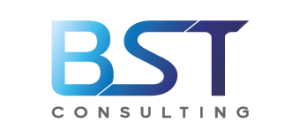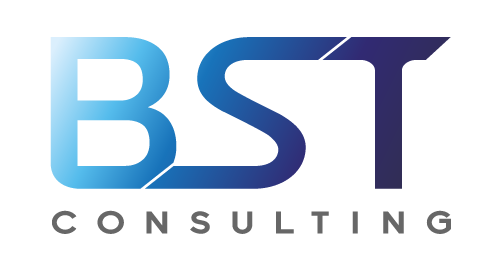‘Smart Mirror’ Could Scan Your Face to Detect Health Risks

Besides just throwing back your handsome reflection, in the near future your mirror might tell you a lot about what lies beneath the surface.
That’s the goal of researchers who are developing a high-tech mirror that can deliver a health assessment just by analyzing your facial features. It’s a new twist on preventative health care that could help nip chronic diseases, such as heart disease and stroke, in the bud.
Mirror, Mirror
The Wize Mirror is being developed by a consortium of researchers and industry partners from seven European countries. The gadget’s purpose is to stamp out cardiovascular diseases, including stroke and heart disease, which are the leading causes of death around the world. Catching the early signs of these ailments, researchers believe, is the best medicine for reducing the burden of health care costs associated with treating chronic diseases.
Toward that end, the Wize Mirror wants to gather all sorts of information about you at just a glance.
At the moment it’s still in the concept stages, progressing toward a prototype. But here’s what its developers have in mind: Its cameras would document the day-to-day changes in your facial features in order to identify known markers of stress, anxiety and disease. Images could also be used to assess a person’s blood oxygenation and heart rate, thanks to minute fluctuations in skin color that occur with blood flow.
A full 3-D facial scanner would let you know if you’ve gained or lost weight. Finally, gas sensors would sniff for chemical compounds in your breath to determine how much you drink or smoke, and if you’re at risk for disease.
And, of course, you can use it to get your hair just right, too.
Encouraging Healthy Habits
After gathering all this information, the Wize Mirror, which works like a touchscreen computer, would display a score to give you an indication of how healthy you appear. It’ll also provide a few tips on how you can improve your health.
Of course, the finer points of how those scores are calculated, and the advice given, will take some working out. But the team hopes to begin clinical trials of the mirror in France and Italy next year, according to New Scientist.
So someday, perhaps, your mirror will tell you everything your friends are too tactful to say. Though, let’s face it, it probably has been doing that for some time.
Source: http://blogs.discovermagazine.com
Author: Carl Engelking



